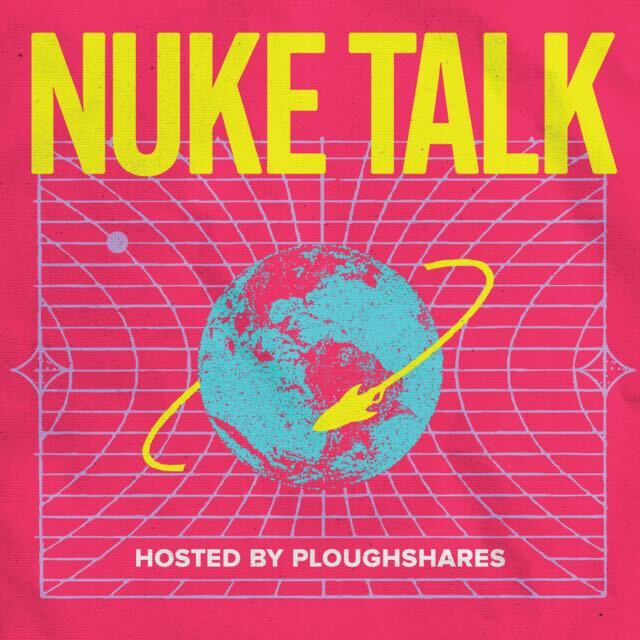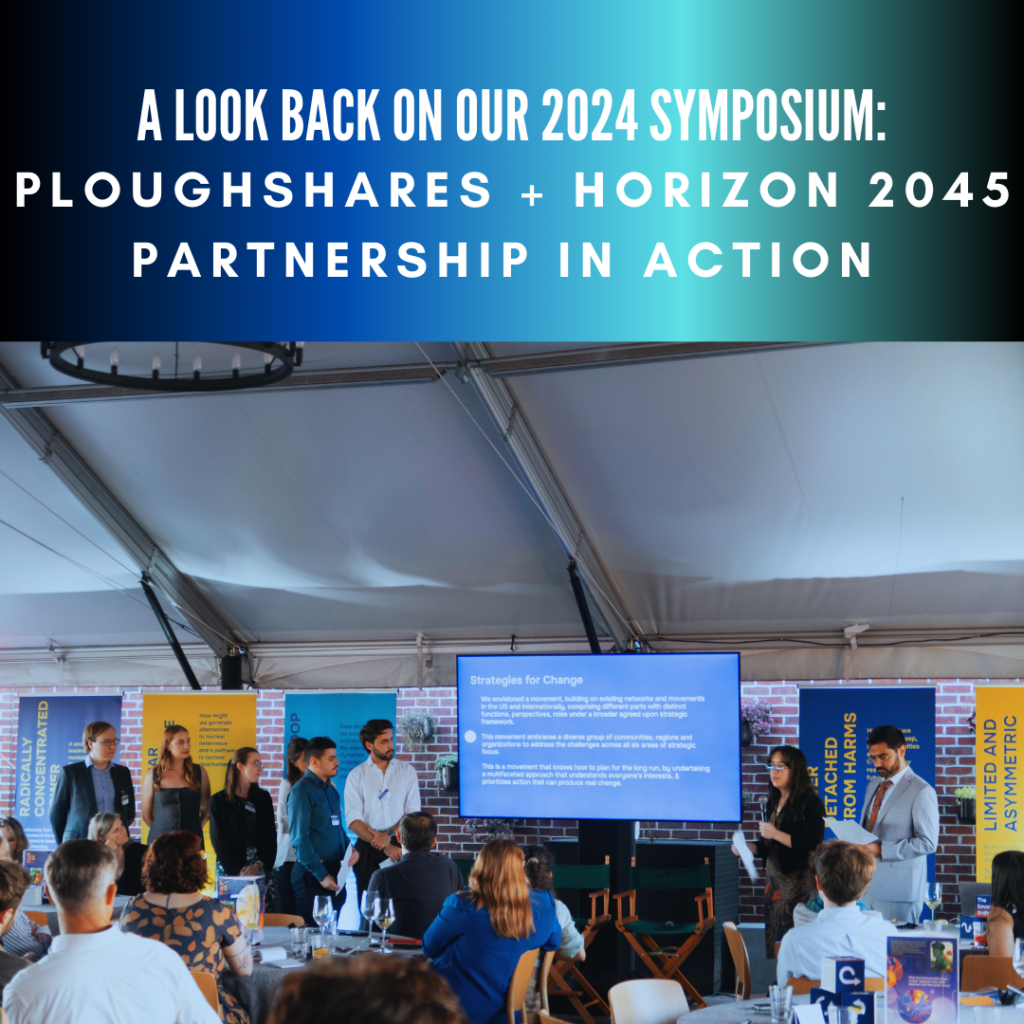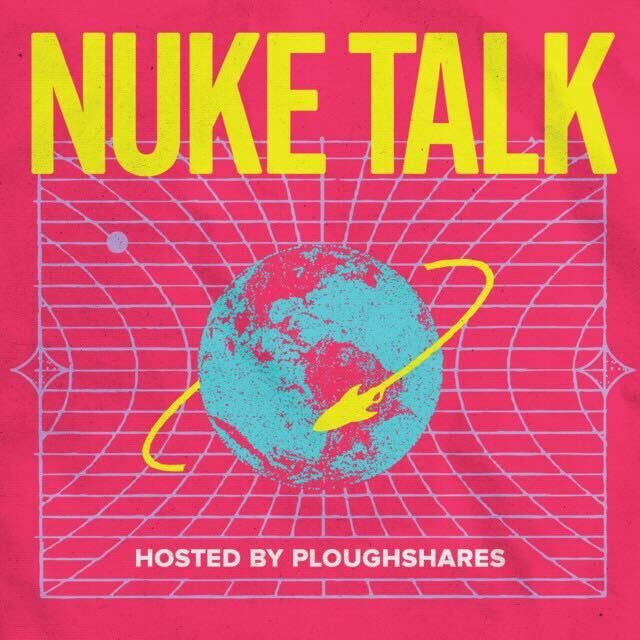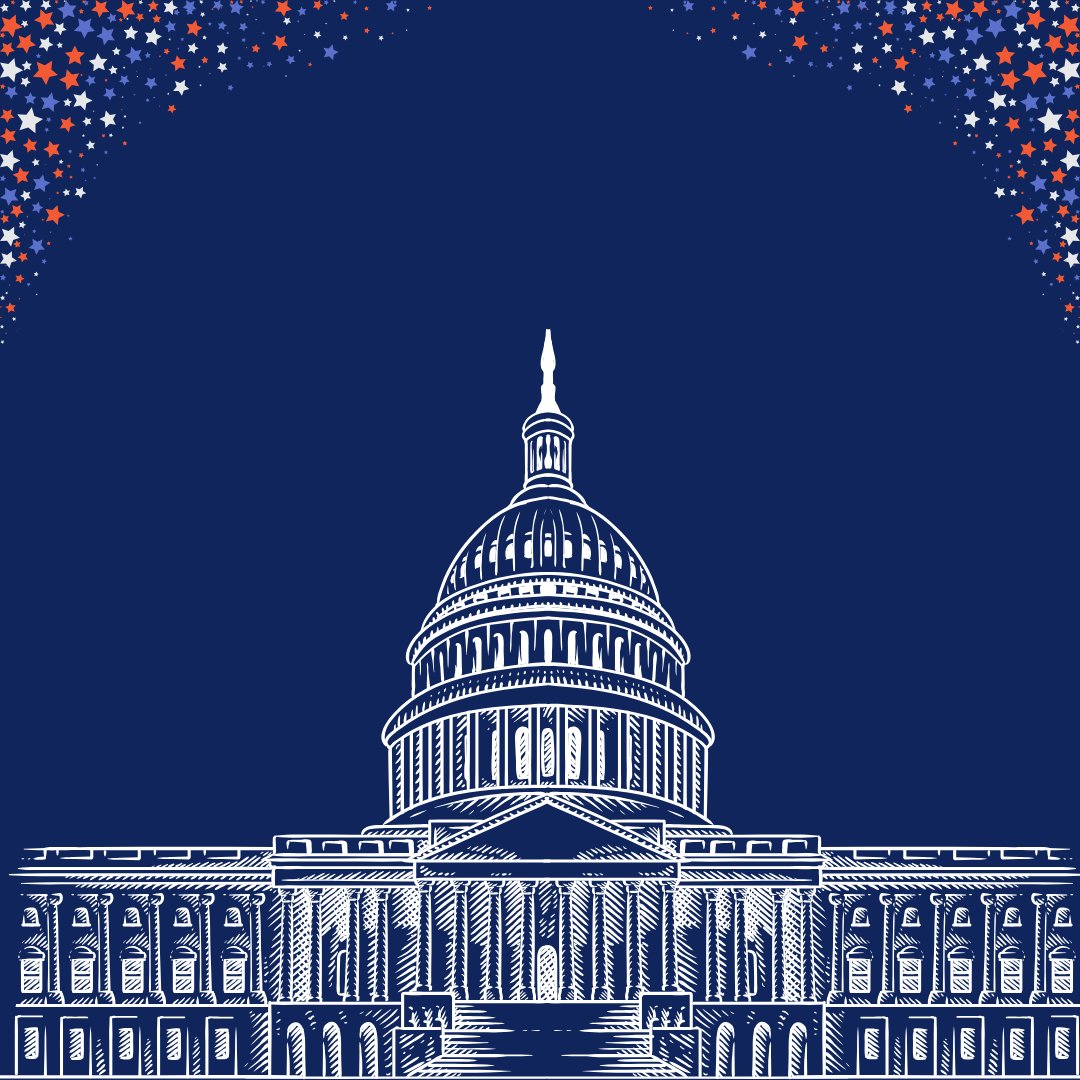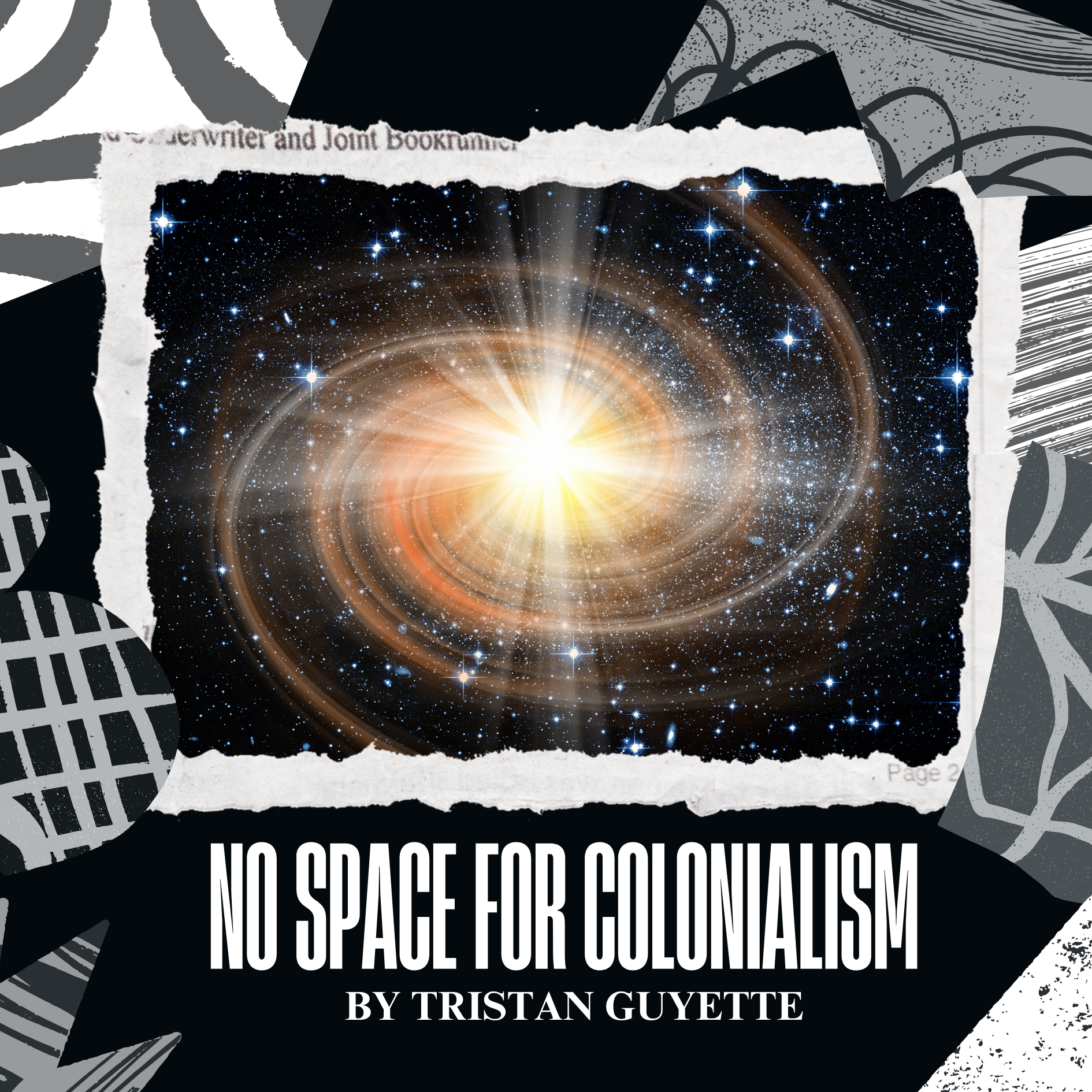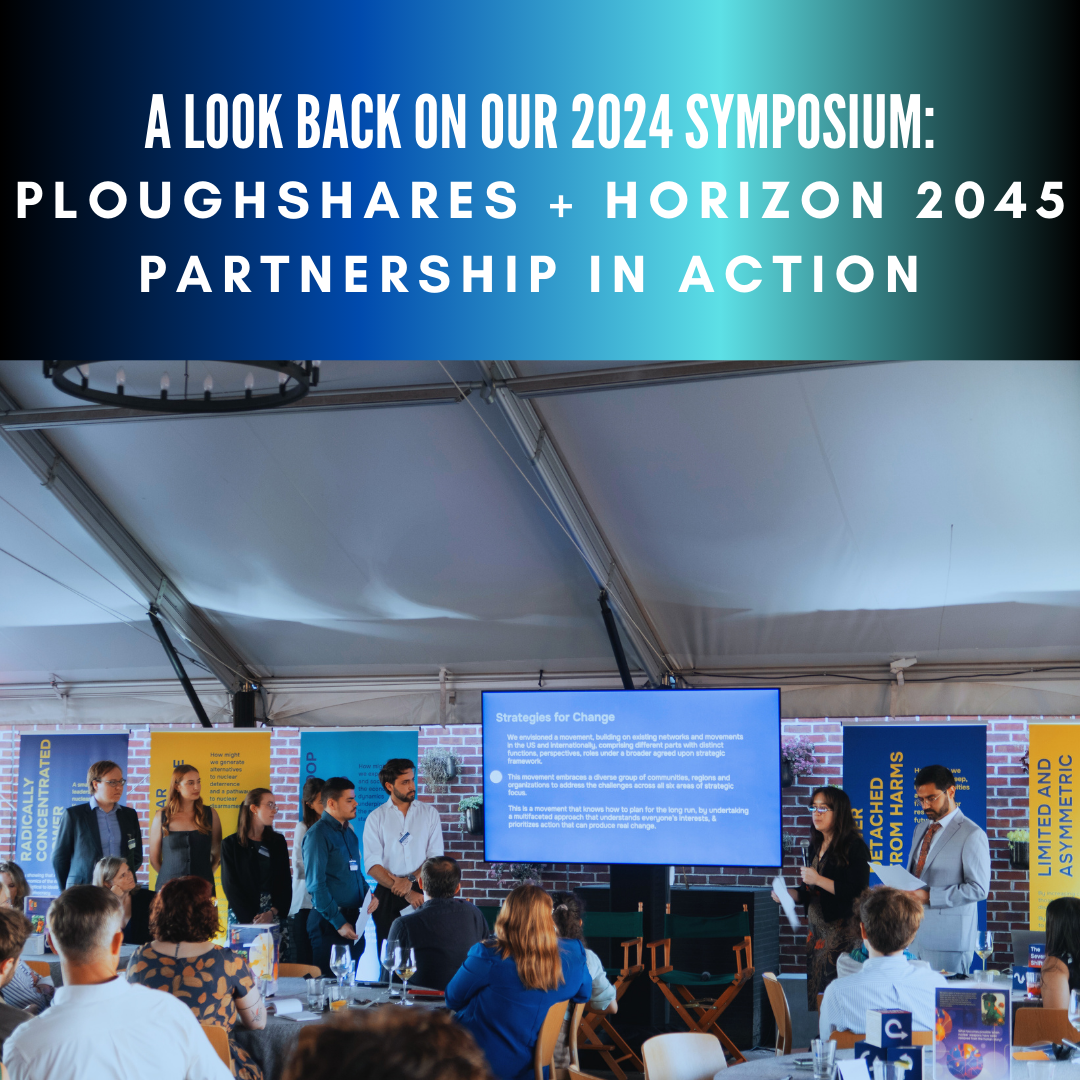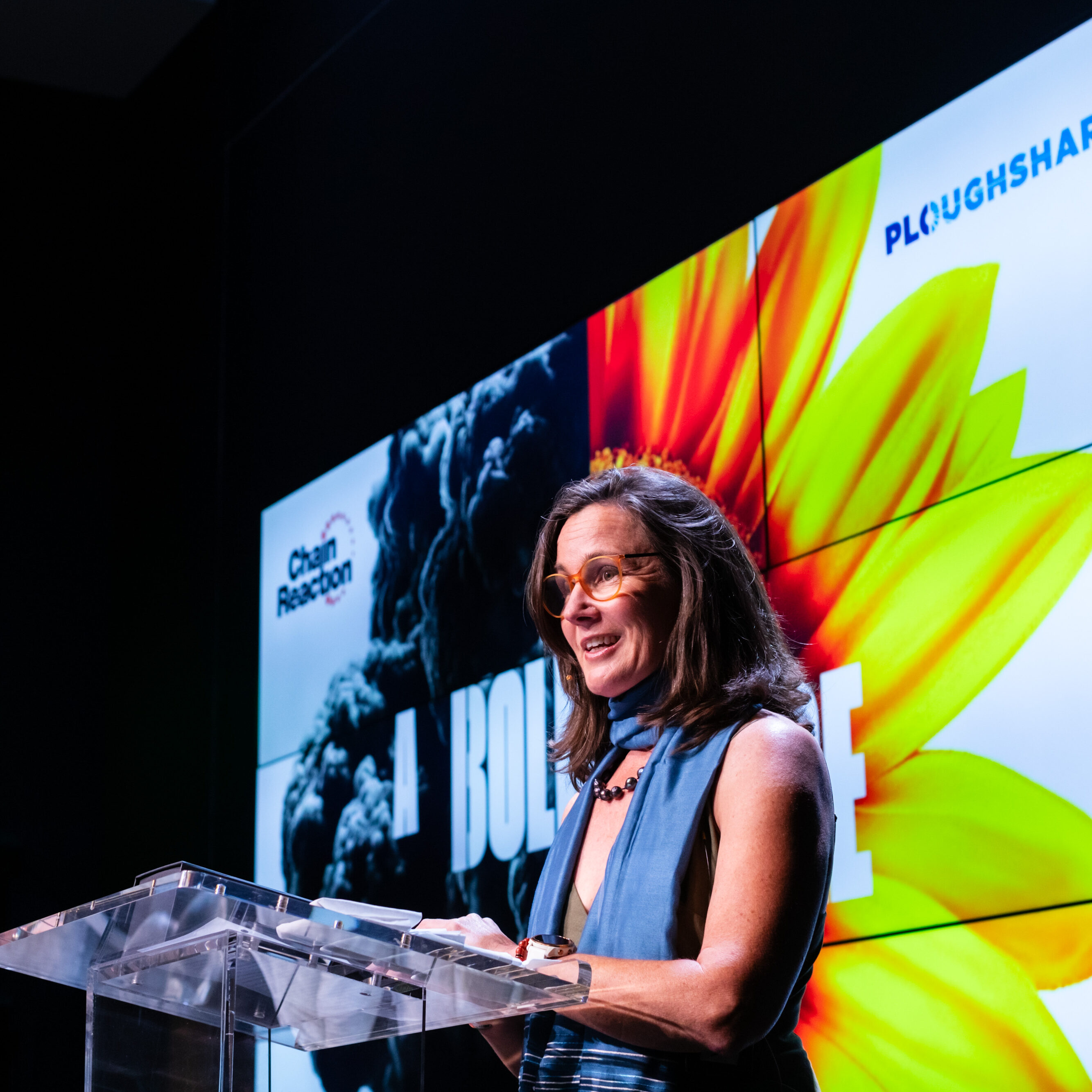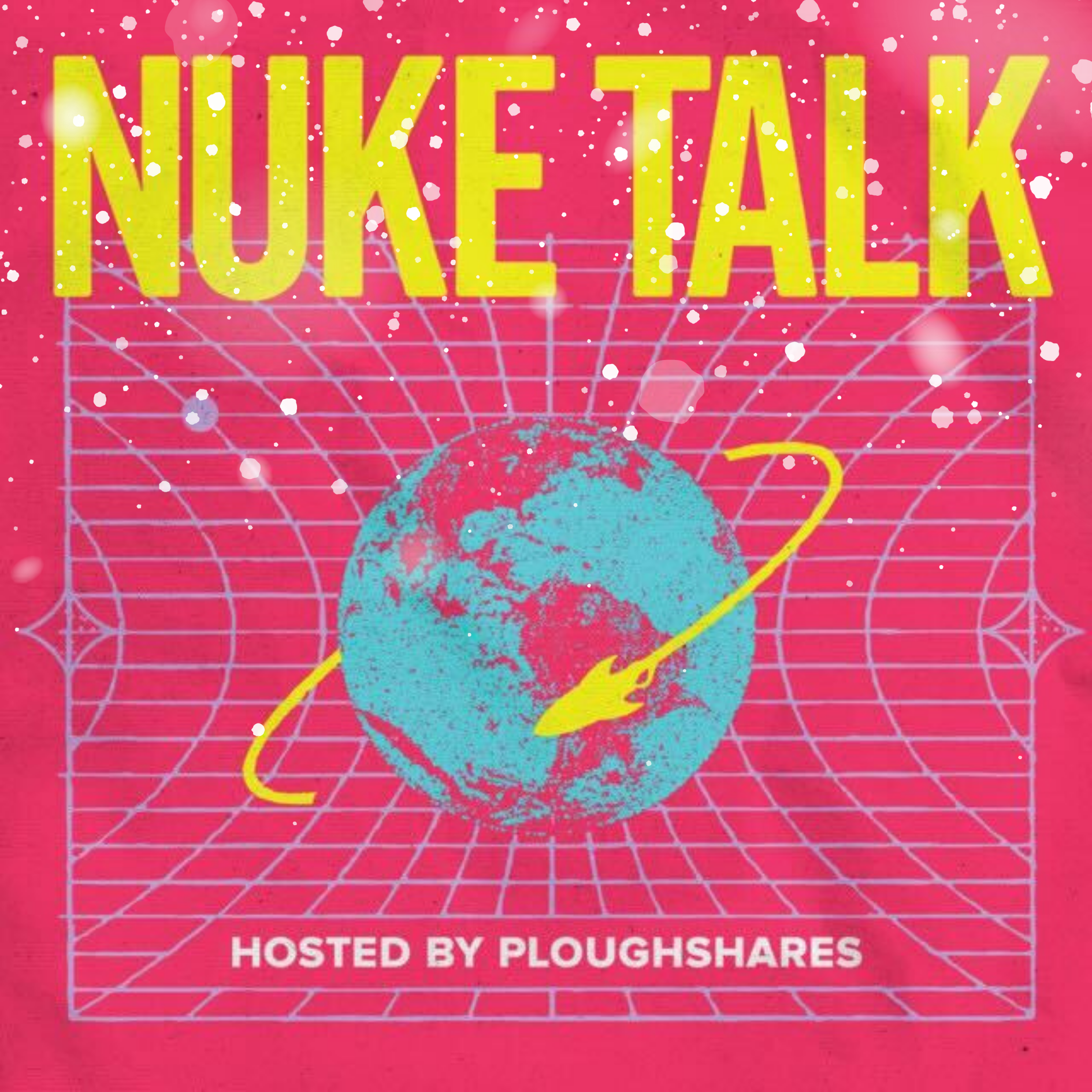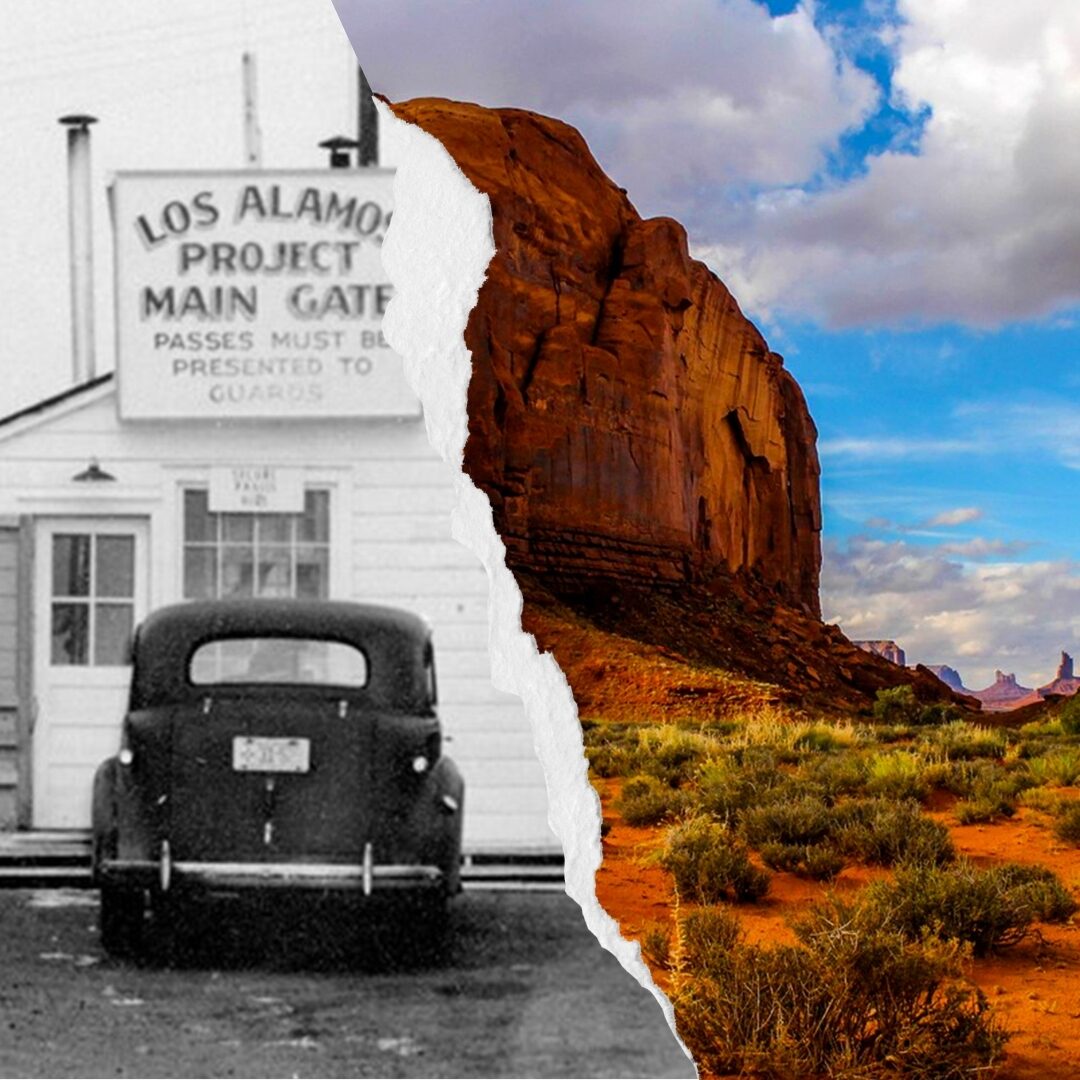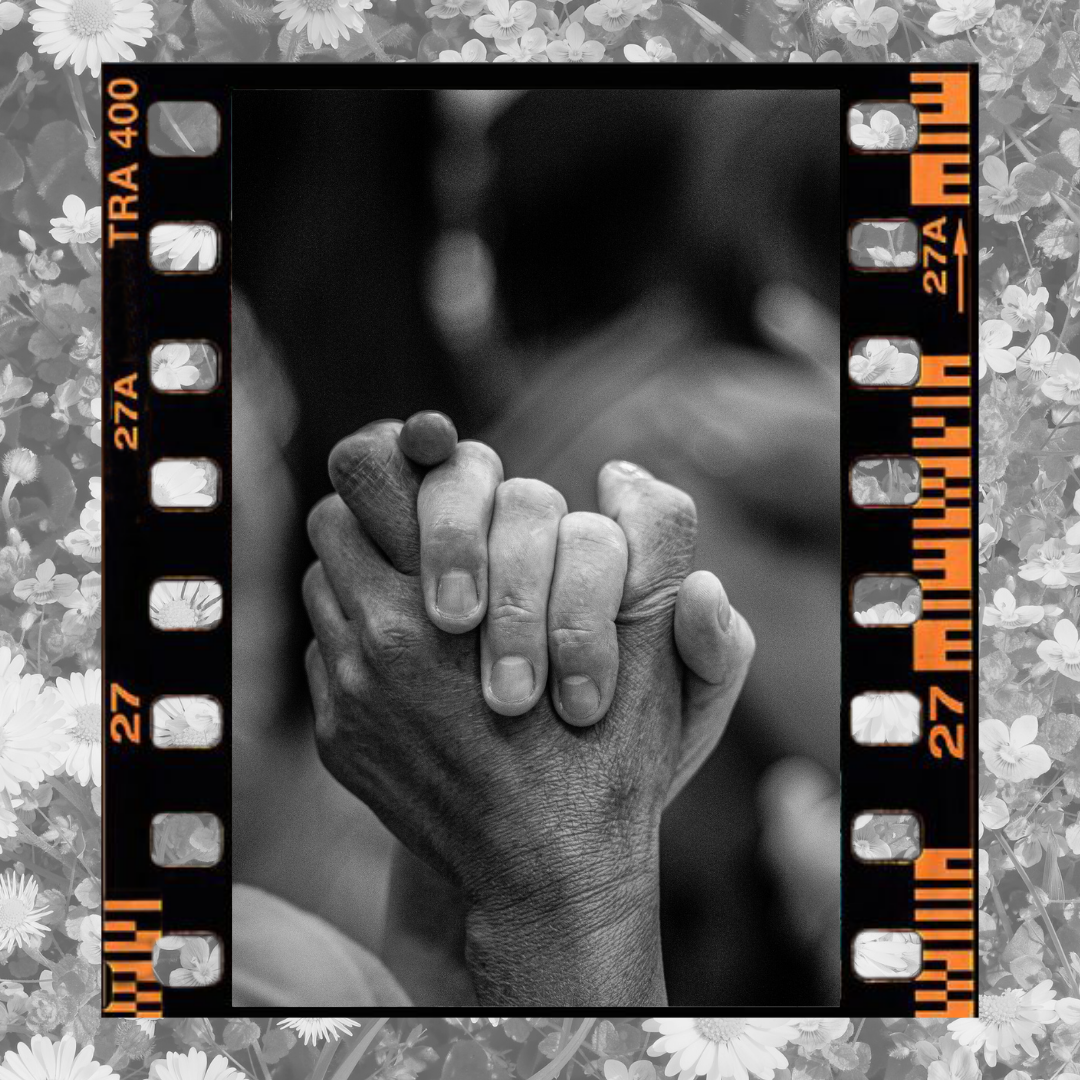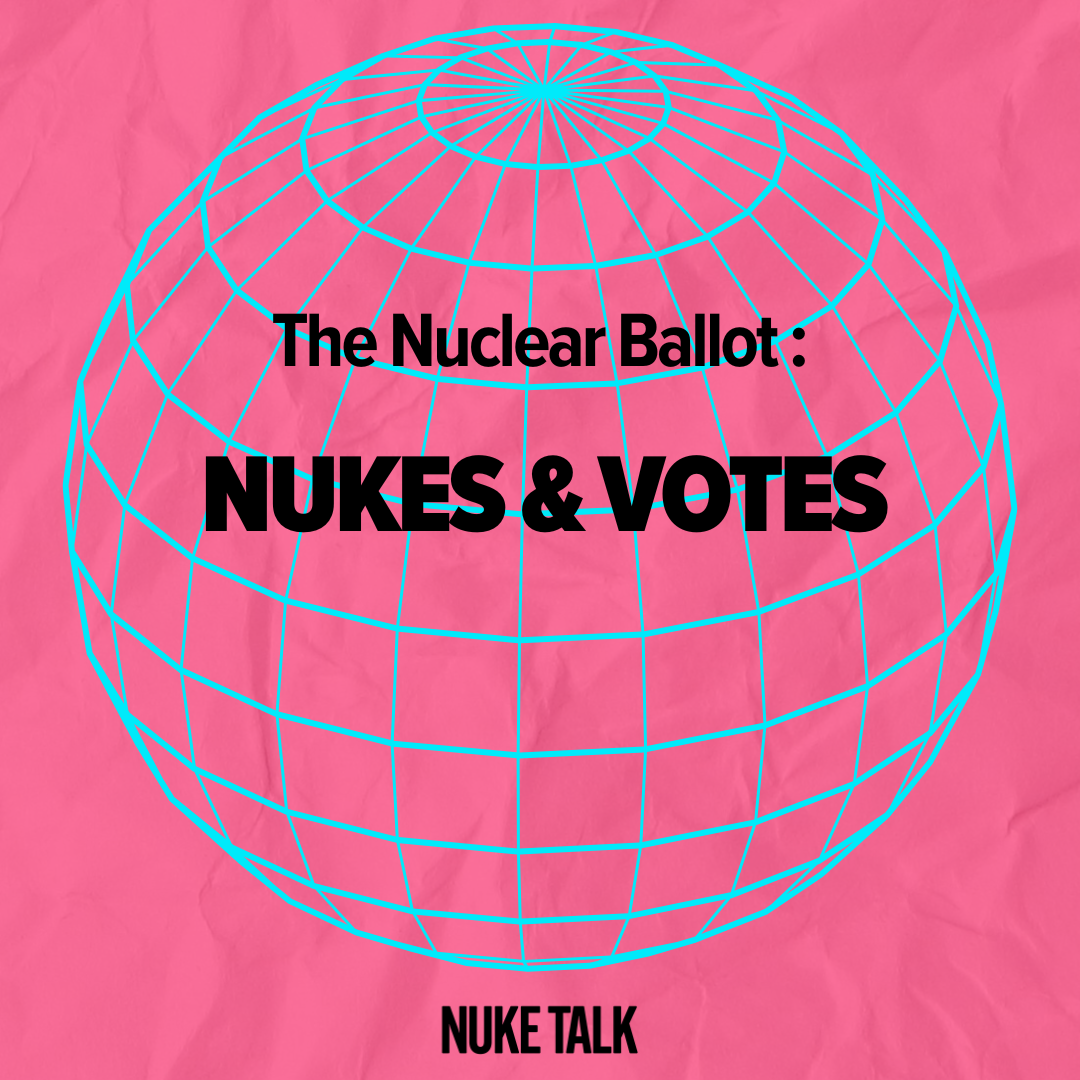Story Center
Current news and exciting stories highlighting the good, the bad, and the truth about nuclear weapons in the world.
The Big Story
The Nuclear Ballot: Inauguration Special Report
As we conclude our Nuclear Ballot season, we are wrapping up with an Inauguration Special Report.
Please contact Charles Crosby at ccrosby@ploughshares.org for further information on any of these stories or to arrange for interviews.
